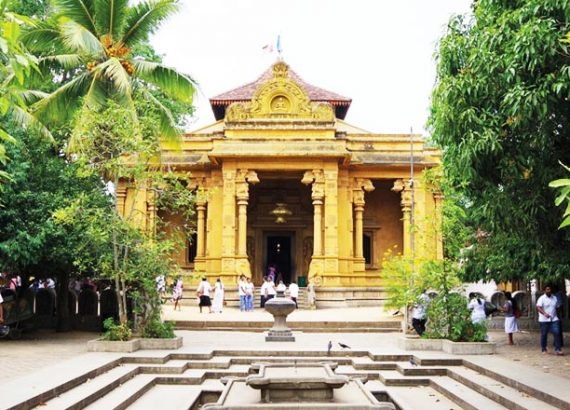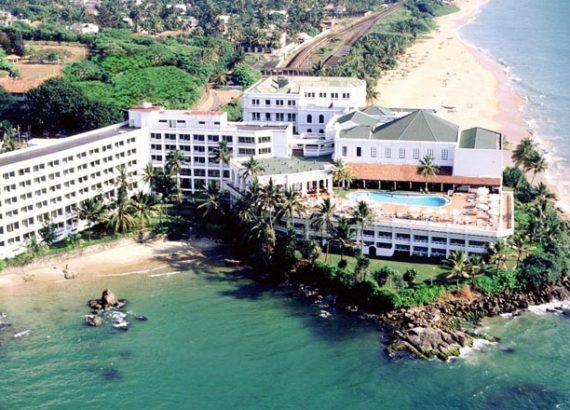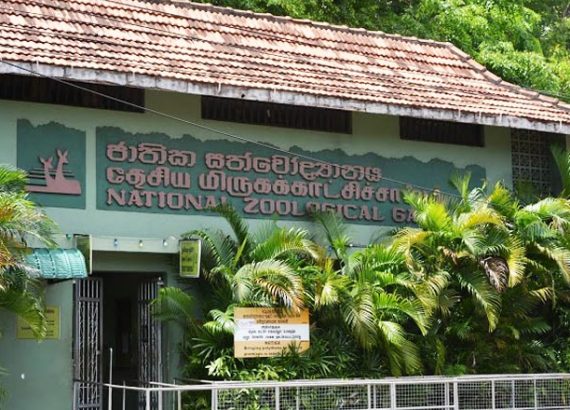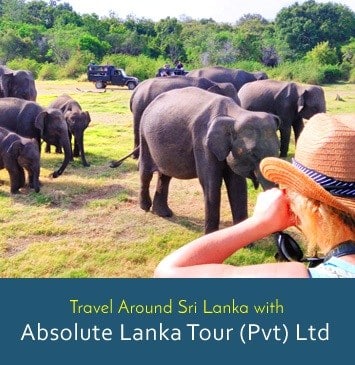Pettah Colombo
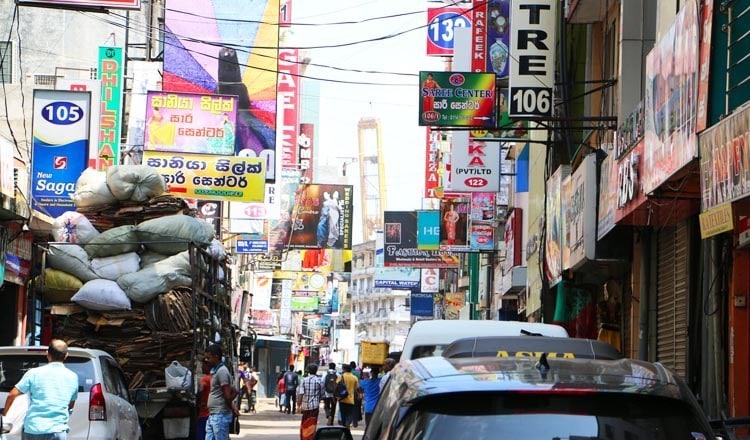
Pettah Colombo and Colombo Pettah Market
East of the Fort lies the Pettah, Colombo’s chaotic and colorful commercial district. The name “Pettah” comes from the Tamil word pettai, meaning village. Compared with the rest of the Colombo, this area has particular strong Muslim and Tamil influence. However, a range of different ethnicities and religions can also be found here. Hence, there are not only Hindu temples and mosques in the Pettah, but also churches and other places of worship.Shops in the area are organized in a bazzar layout, with each street dedicated, to a particular trade.
While Front Street offers a huge variety of bags, suitcases and shoes, 2nd Cross Street is the place to come for textiles. Among the other famous street is Gabo’s Lane, where visitors can check out a variety of Ayurvedic ingredients. Sacks filled with twigs, bark, roots and leaves are a common sight out sight the shops lining this street. North of Gabo’s Lane lies Sea Street, known for its gold jewellery shops.in additions, the Petah’s open-air fresh markets are a delight for foods lovers for the wealth of fresh produce and spices on offer.
Many visitors find exploring the Pettah Colombo hard work, as its streets are usually packed with traders, shoppers and vehicles. It is best to tour the area either early in the morning before the heat of the day takes hold, or during midday to avoid rush hours. Walk down one of the side roads such as Front Street, 2nd Cross Street or Bodhiraja Mawatha to reach the bustling heart of the area, which is negotiated on foot.
The Pettah Colombo is also home to the Fort Railway Station and Colombo’s bus stations. In front of the train station is a statue of Henry Steel Olcott, an American born Buddhist who is honored across Sri Lanka for championing the case of Buddhism during Colonial times. He was also the co-founder and the first president of the Theosophical Society. Olcott Mawatha, the street named after him, is opposite the railway station. Pettah Colombo and Colombo Pettah Market in Sri Lanka.

